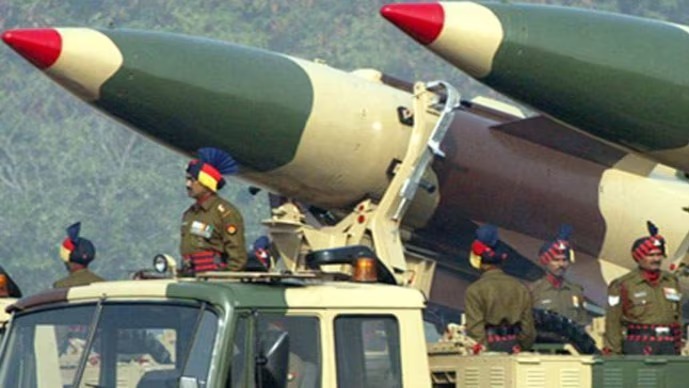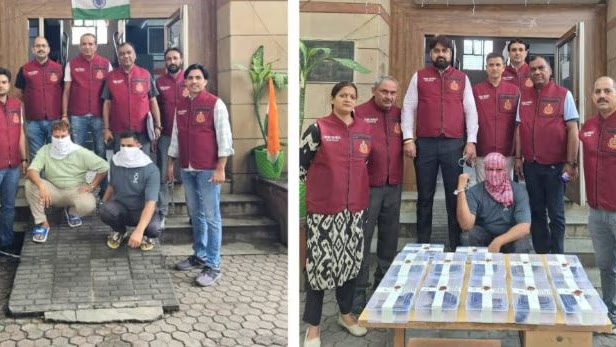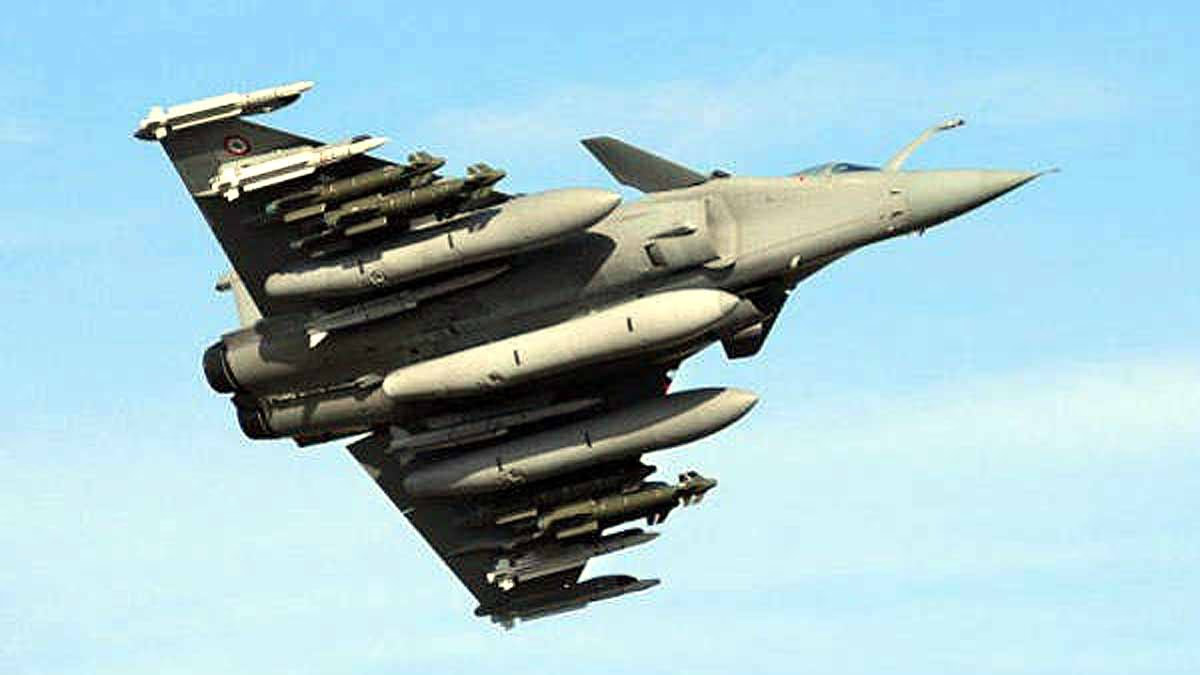The CPI(M)'s manifesto promising the dismantling of India’s nuclear weapons has become a point of contention for the political block BJP. Prime Minister Modi recently targeted the opposition's electoral promise during a rally in Barmer, Rajasthan.
PM Modi claimed that a member of the opposition coalition has made a perilous proclamation against the nation. They have vowed in their manifesto to destroy India’s nuclear arsenal by submerging it in the sea. As a country flanked by neighbors with nuclear capabilities, Modi questioned the prudence of unilaterally disarming India.
He asked whether the Congress is influenced by external forces to weaken India and indulged in a pointed critique of the coalition seeking to disarm the country's nuclear weapons. According to Modi, his intention is to empower India, whereas his adversaries seek to weaken it.
BJP senior leader Kavinder Gupta accused the CPI(M) of operating under China's influence and urged the Election Commission to take cognizance of the party's 'anti-national' behavior.
BJP General Secretary Tarun Chugh stated that Congress and its allies aim to weaken India, but the nation's citizens will not let them succeed in their agenda.
'Nuclear Disarmament Is Not Feasible'
The JDU (Janata Dal United) also criticized CPI(M)'s electoral promise of nuclear disarmament. National Secretary Rajiv Ranjan defended India’s need to maintain its strategic strength against impractical opposition statements.
SP (Samajwadi Party) member Ram Gopal Yadav remarked that nuclear disarmament is not a viable option. He articulated the untenability of such a position, highlighting the necessity for India to match the nuclear capabilities of its neighboring nations.
Distance from Congress
Amidst the uproar, Congress distanced itself, with Congress member Digvijaya Singh dismissing any association with CPI(M)'s stance.
However, the RJD (Rashtriya Janata Dal) contested the interpretation of the situation, suggesting that Modi's speeches often misguide the public about neighboring nations.
What Does CPI(M)'s Manifesto Say?
The manifesto of CPI(M) included commitments to terminate acts such as UAPA, PMLA, NSA, and CAA, promising to rid India of its nuclear weapons upon coming to power and dismantle military bases. They also vowed to revoke anti-conversion laws and end the 'New Pension Scheme'.
The Nuclear Capabilities of India, Pakistan, and China
According to the Federation of American Scientists, the US and Russia possess the most nuclear weapons. India is estimated to have 160 nuclear weapons, while Pakistan has 165, and China boasts 350.
India conducted its first nuclear test on May 18, 1974, in Pokhran, Rajasthan, when Indira Gandhi was Prime Minister. In May 1998, under Prime Minister Atal Bihari Vajpayee's government, India conducted five more nuclear tests in Pokhran, officially declaring itself a nuclear-armed nation despite international objections.




